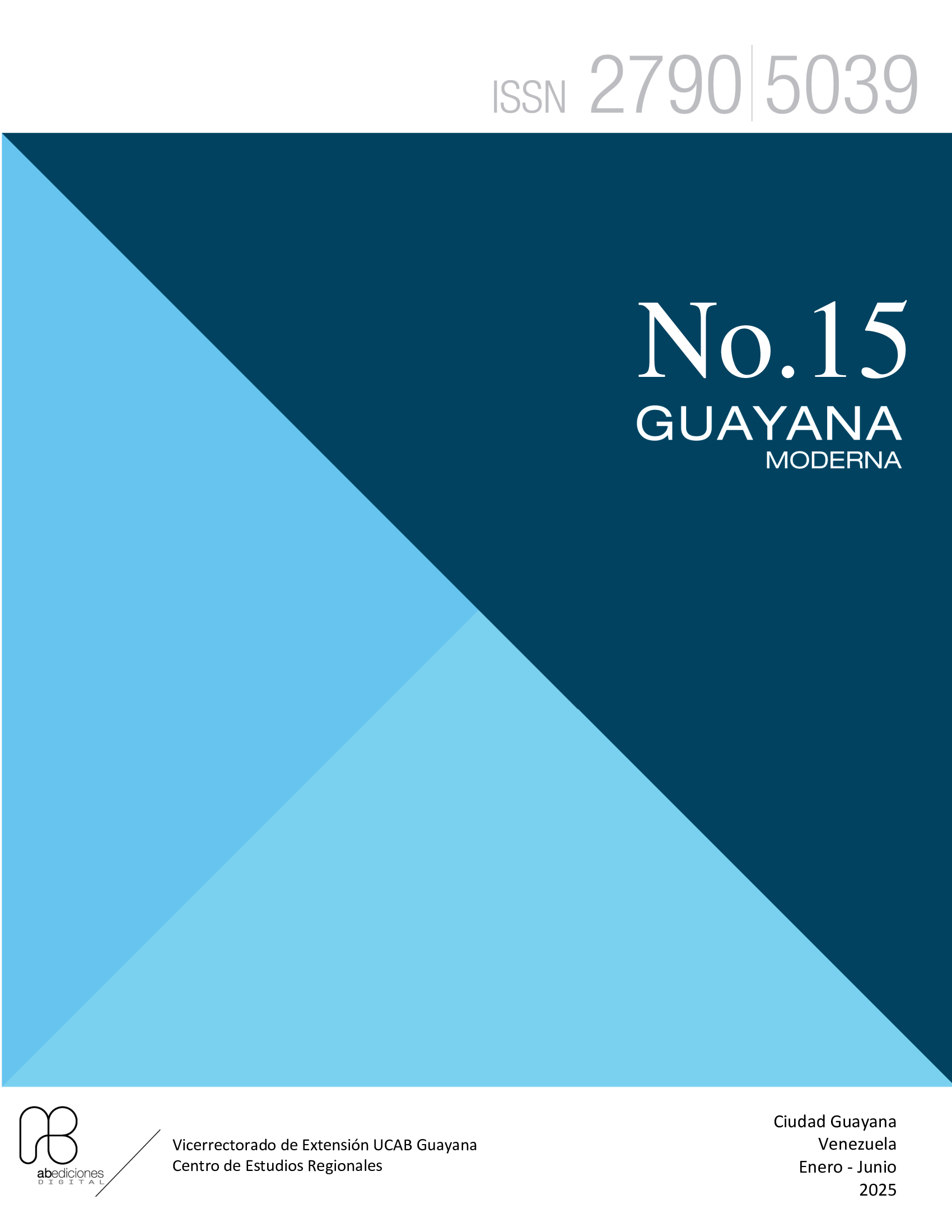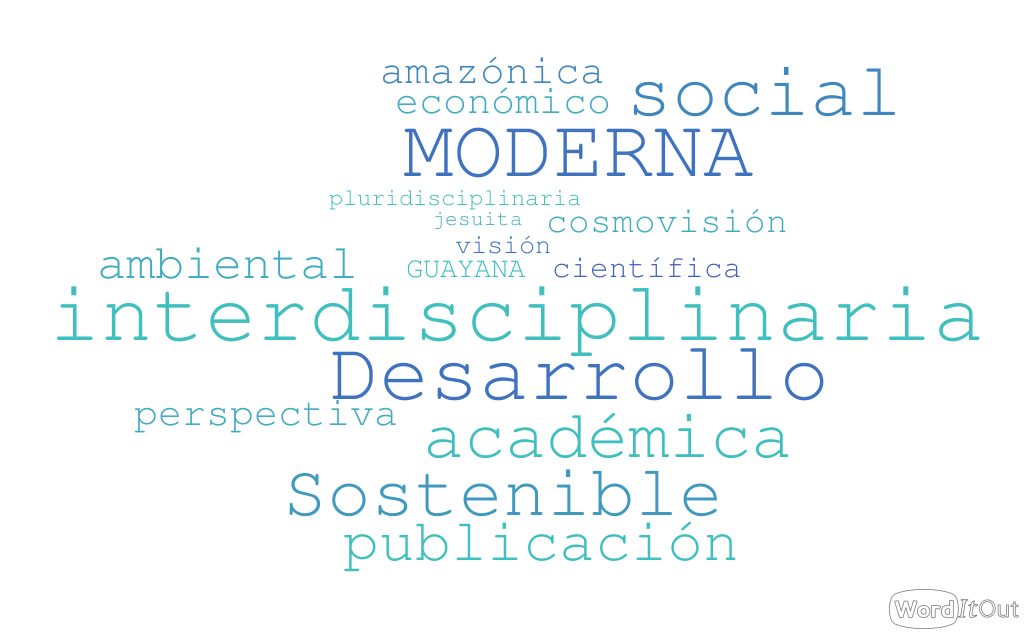Interculturality and relationality: a reflection on their implications for democracy and education
DOI:
https://doi.org/10.1234/gm.v14i15.7106Keywords:
Interculturalidad, Globalización, Educación, Relacionalidad, Democracia{Abstract
In what follows, the concept of Relationality is considered fundamental for Interculturality. Without it the
viability of interculturality is not possible. Relationality, not only between individuals but also between
cultures, can lead to the reciprocity of cultural gifts, which would lead to a sense of unity and shared identity,
so necessary today. It also examines the concept of interculturality and its implications for democracy and
education and points out the need to take into account the ethical-political controversy underlying
interculturality in Latin America, and the influence of economic globalization and digital technology on the
interdependence of contemporary societies. The importance of education in fostering intercultural dialogue
is emphasized. Education is crucial to the relationship between democracy and interculturality. In reflecting
on the relationship between interculturality and democracy, it is pointed out that combining the two requires
problematization and that the struggle for recognition based on relationality, the basis of interculturality, is
ultimately the driving force of democracy. The role of education in interculturality and democracy requires
a critical approach to intercultural education, one that recognizes the political and social dimensions and
goes beyond culturalist notions. Finally, the challenges and opportunities of interculturality








